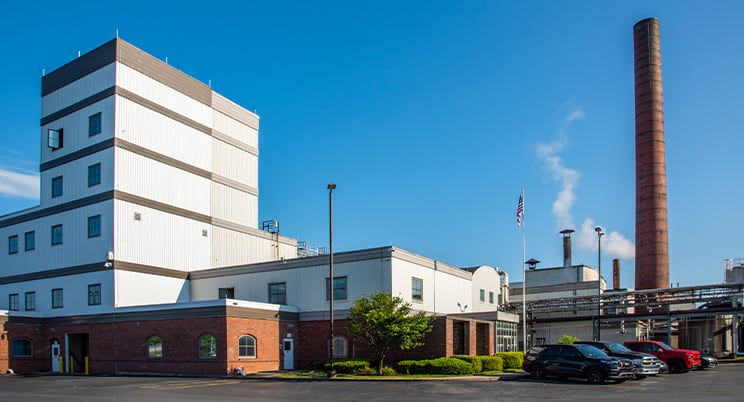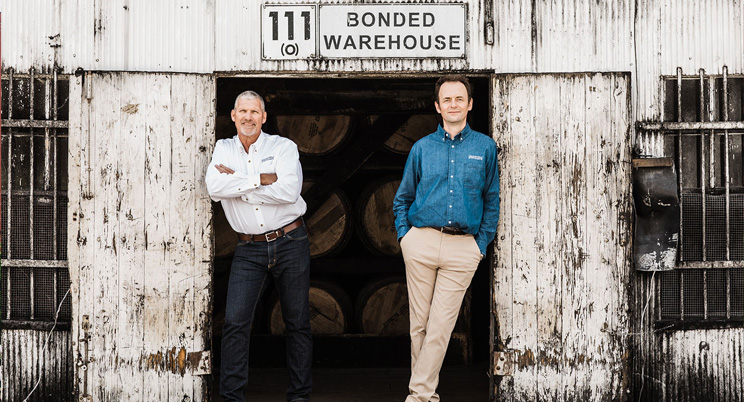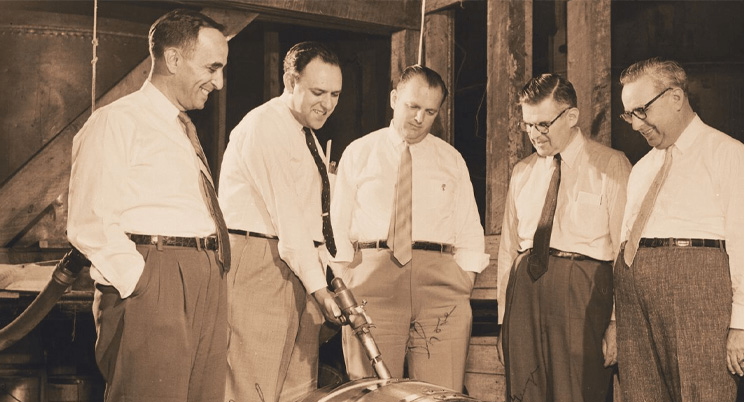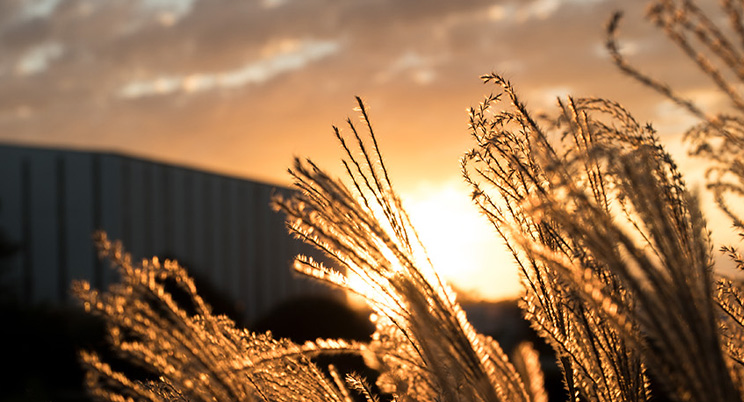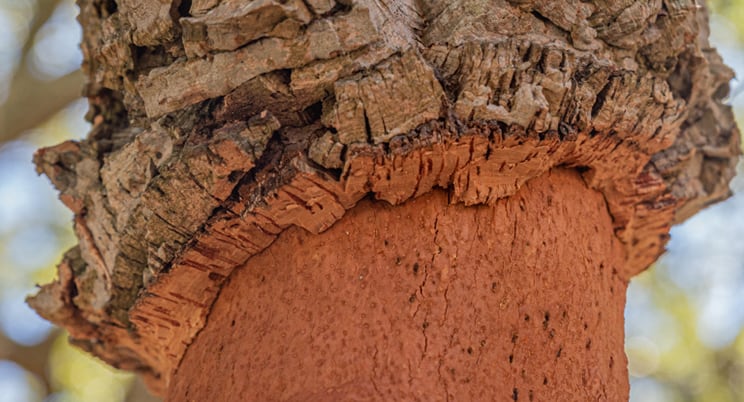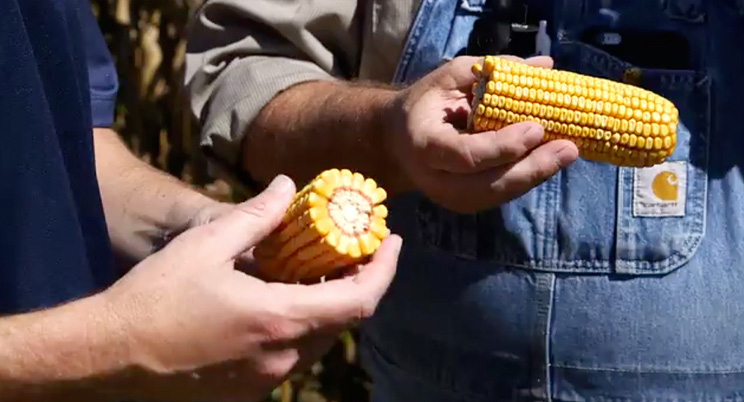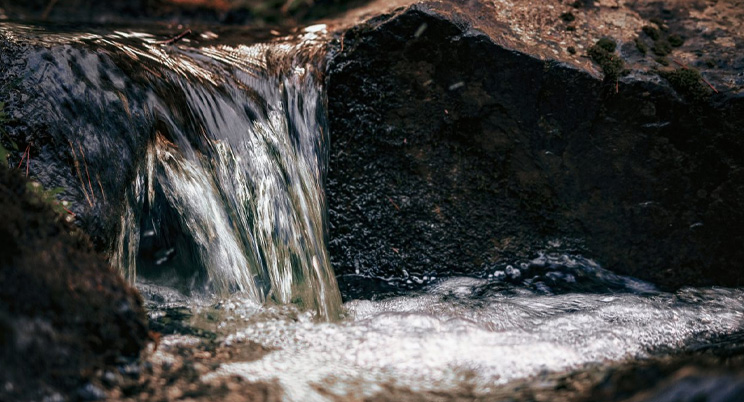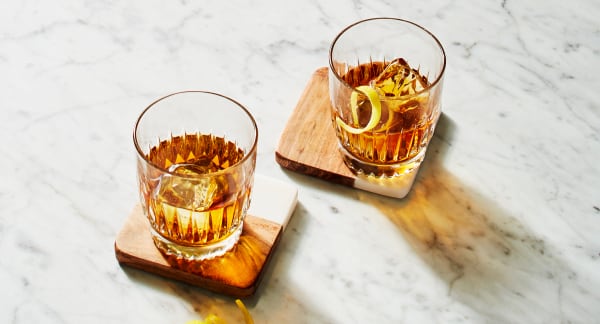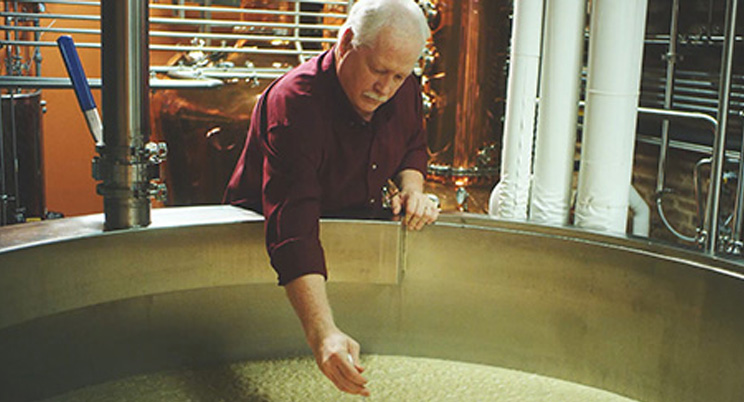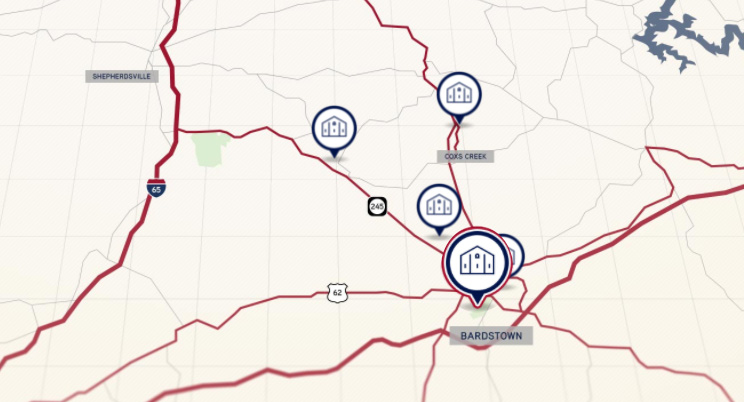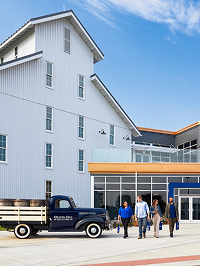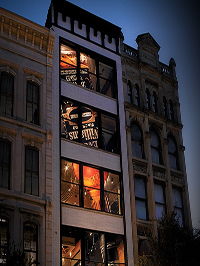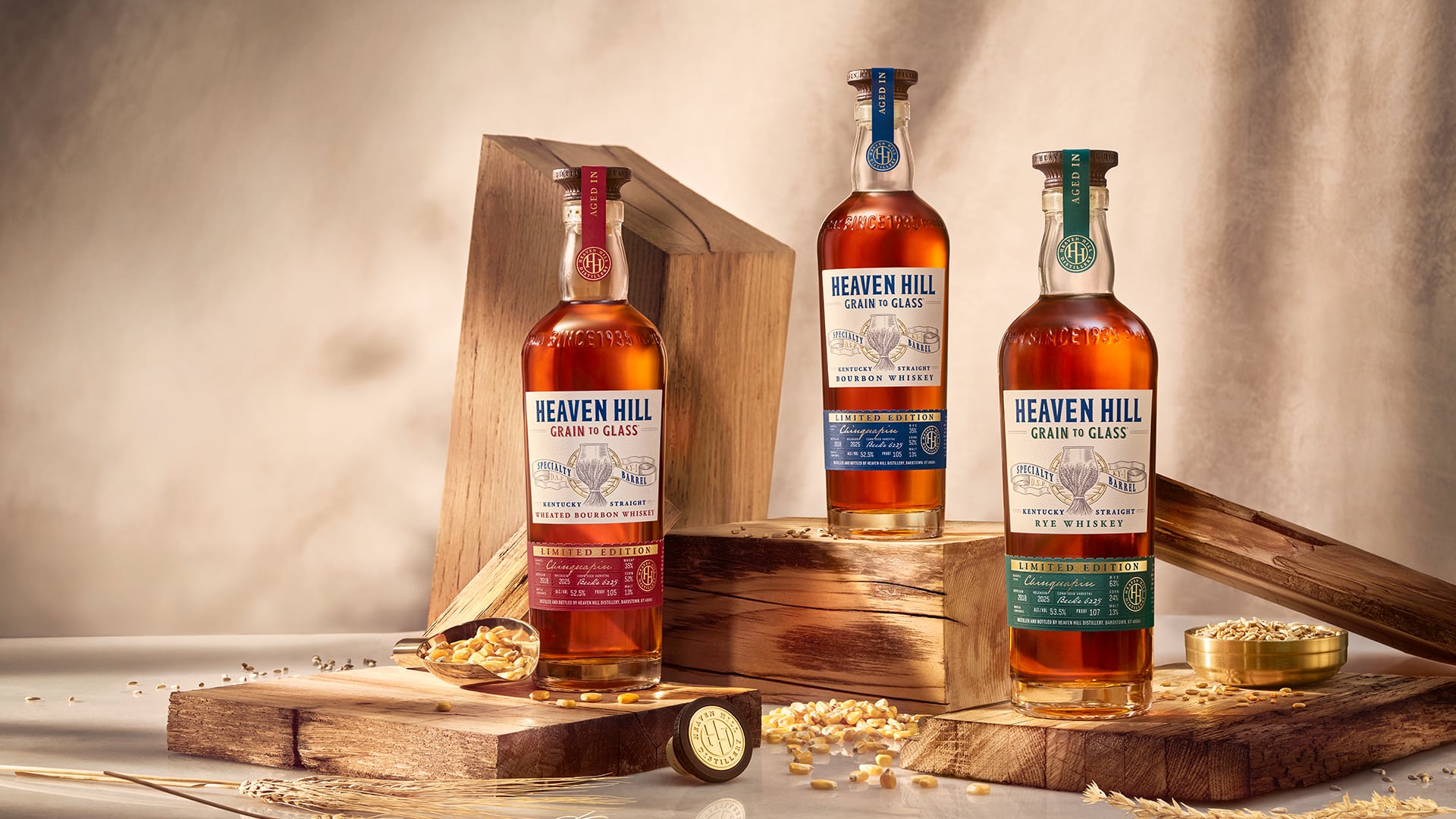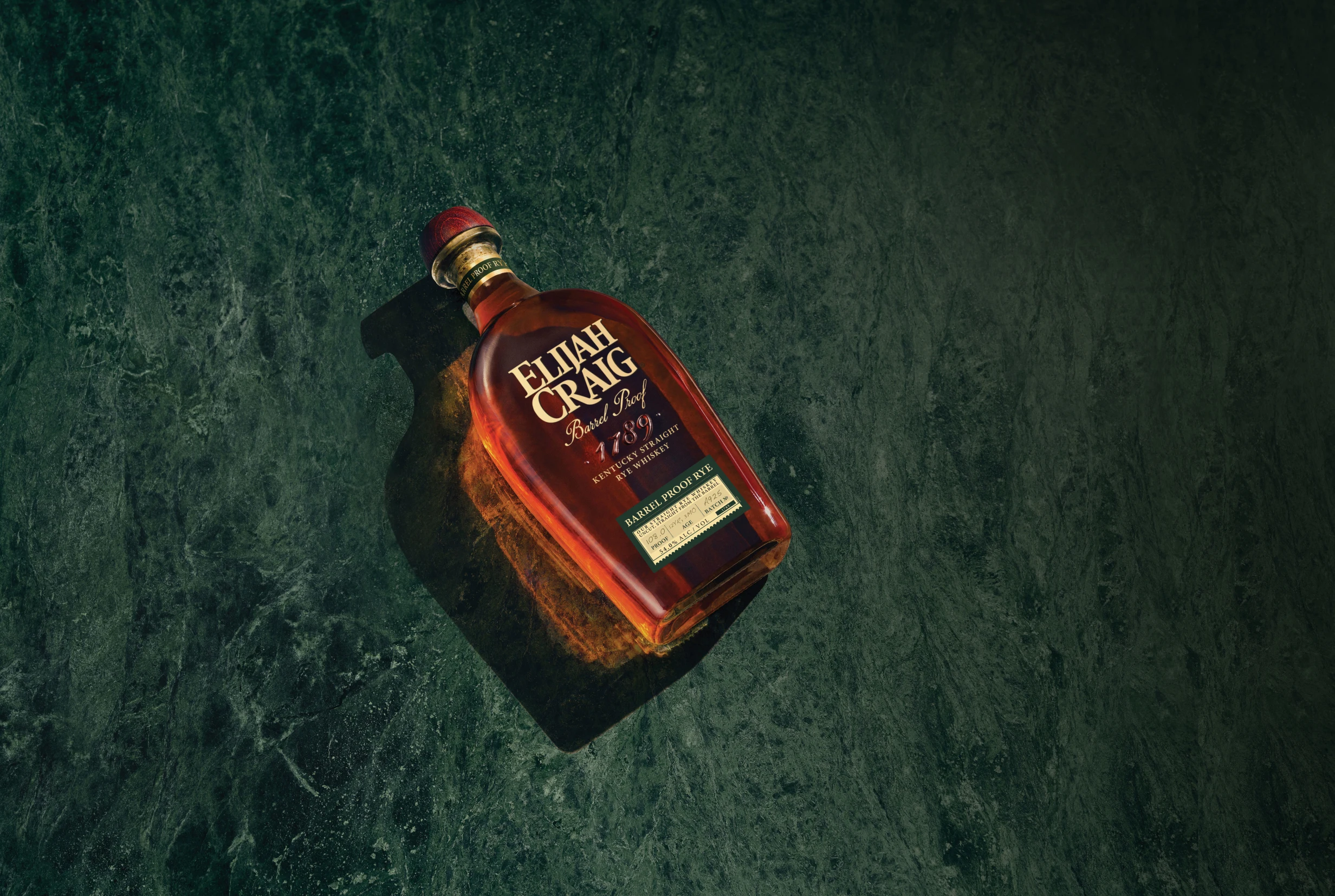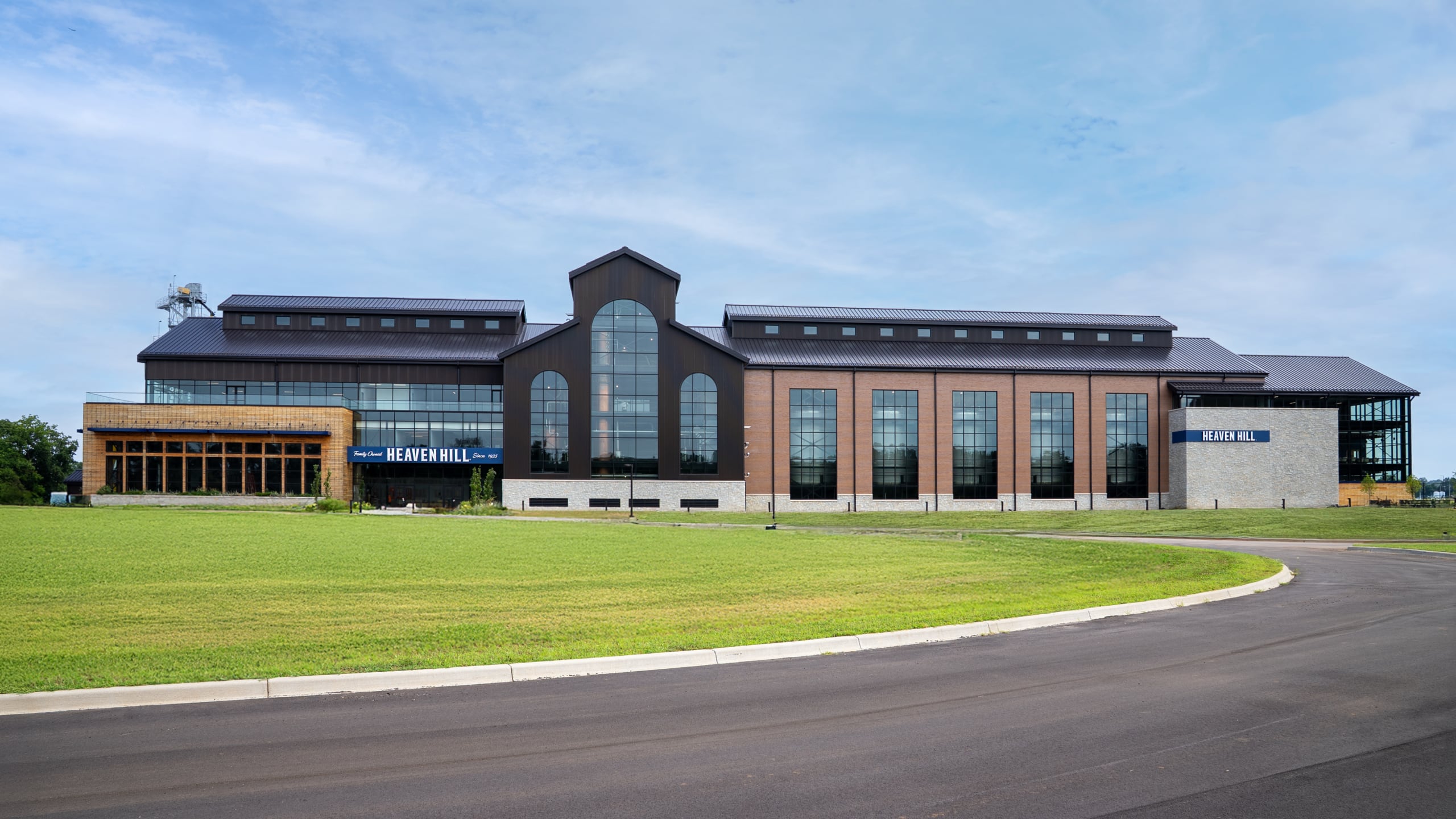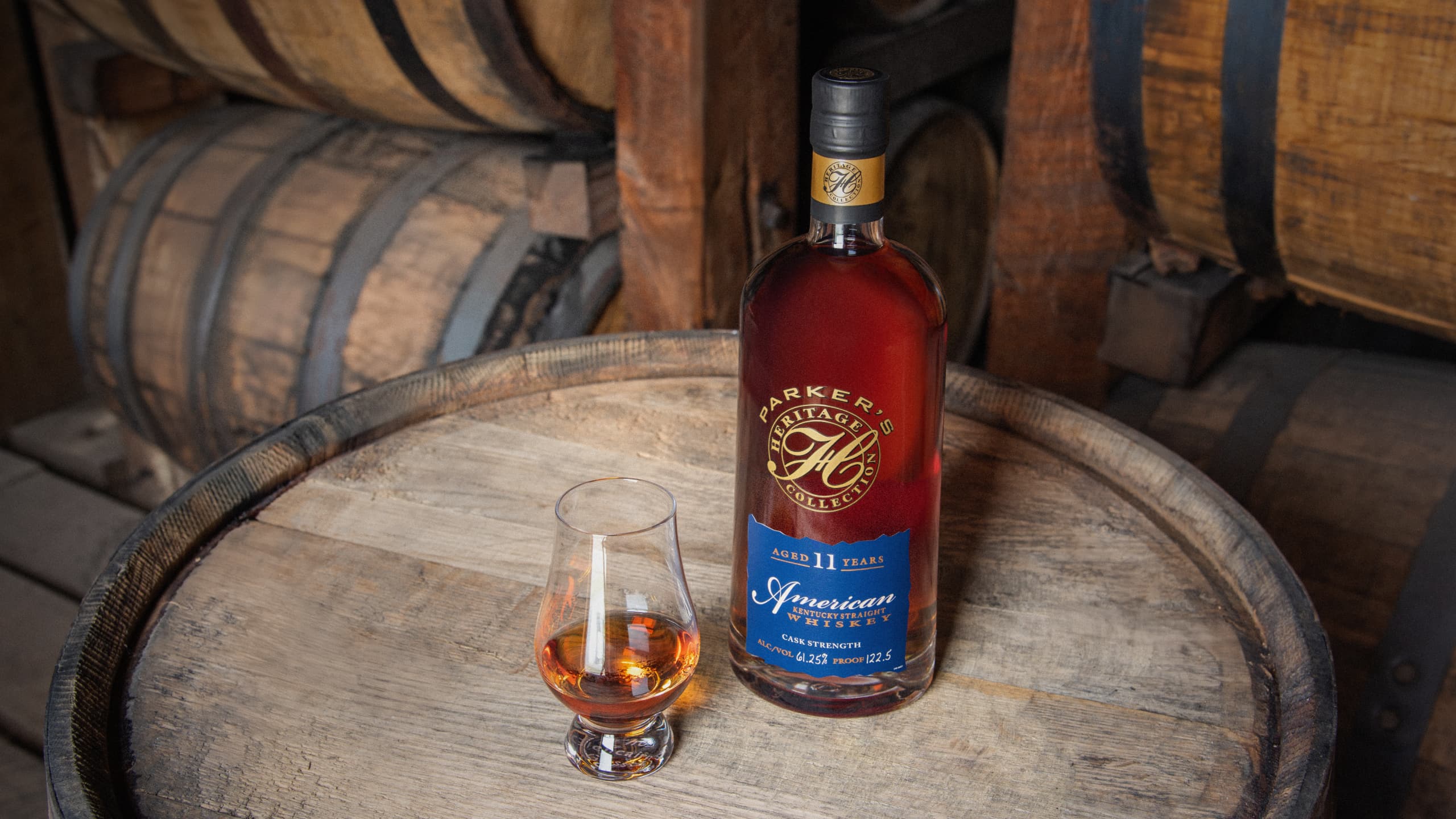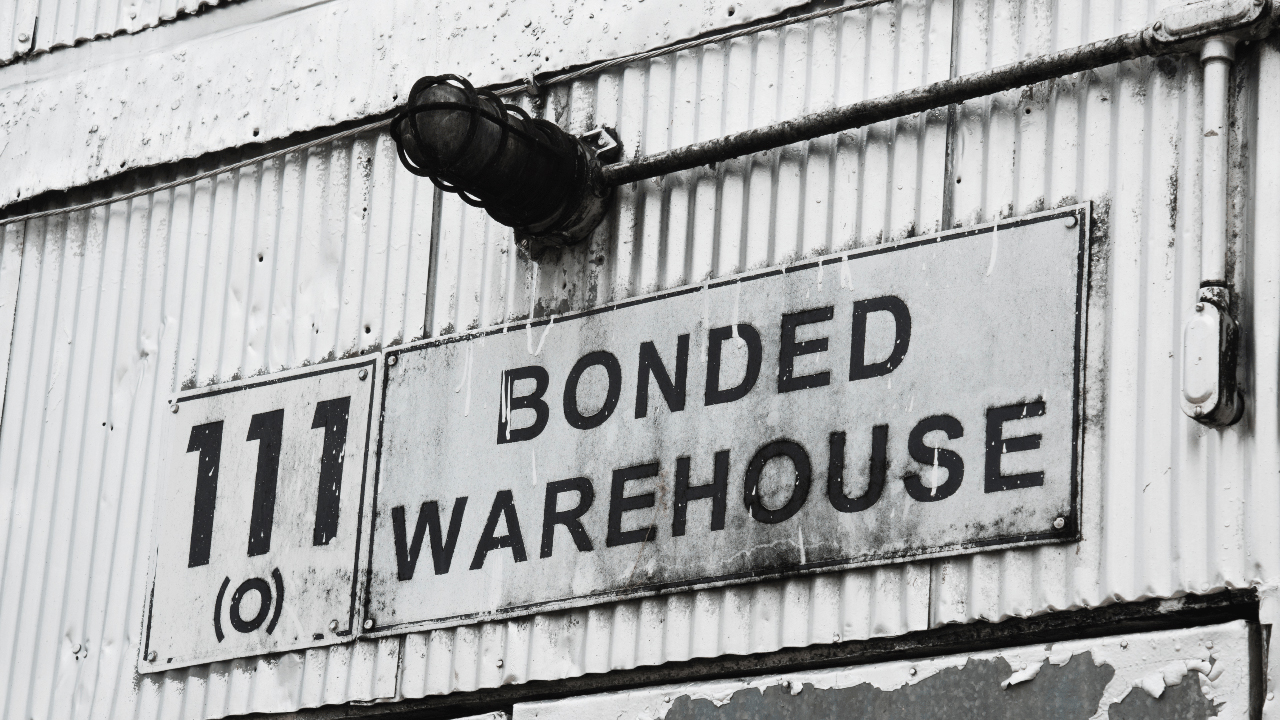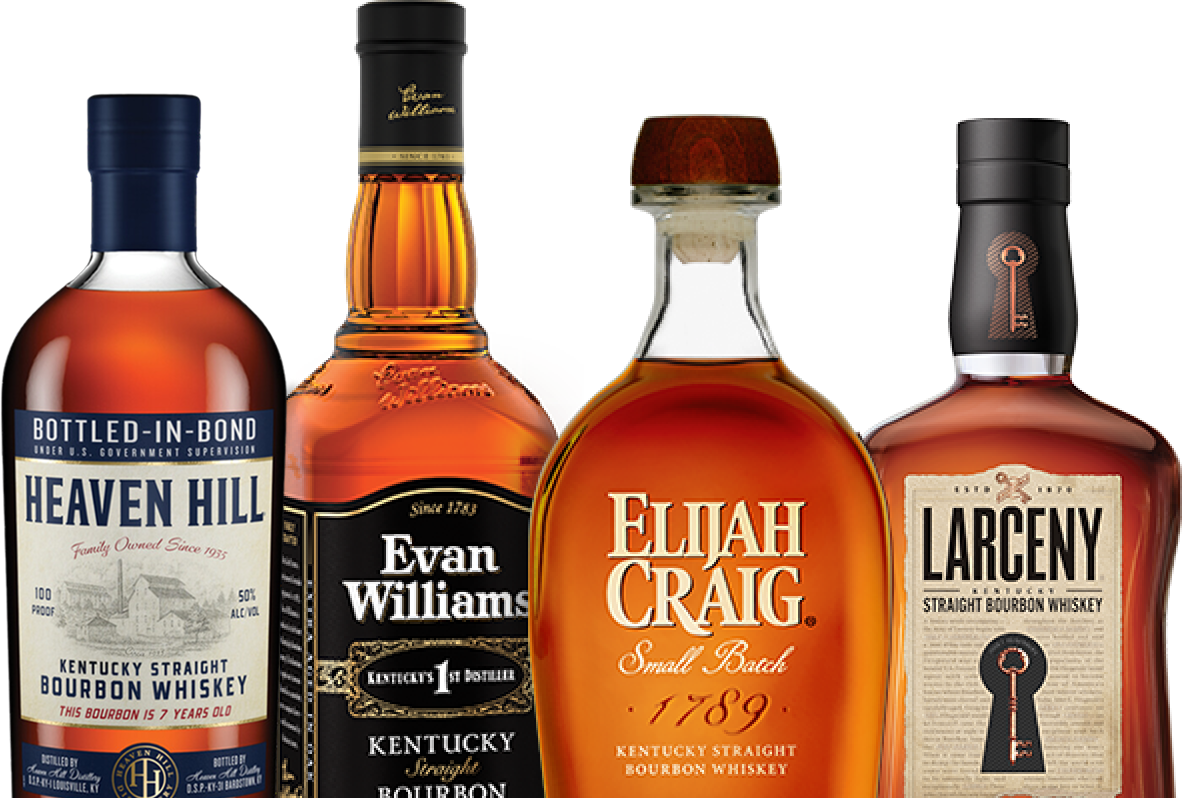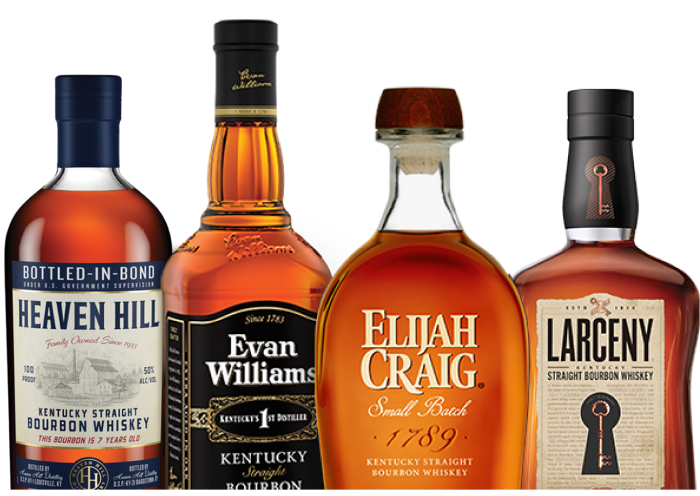On March 3, 1897, the Bottled-in-Bond Act was signed into law—making the U.S. government the guarantor of the whiskey’s authenticity—and one of our favorite American Whiskey traditions was born.
Now, 126 years later, the law remains in effect, and here at Heaven Hill Distillery, we’re proud to be the #1 producer of Bottled-in-Bonds. So it’s safe to say we know a thing or two about what it takes to make this historic category of spirits. And while they’re growing in popularity, we know our fans still have questions about Bottled-in-Bonds.
That’s why we asked what you wanted to know and lined up an expert who would have the answers—Bernie Lubbers, brand ambassador here at Heaven Hill Distillery and a Bottled-in-Bond aficionado. He’s even got a 100 proof tattoo to prove it.
Bernie’s a busy guy, especially around Bottled-in-Bond Day, so we weren’t able to answer all your questions. But we selected some highlights below and Bernie didn’t disappoint with his responses. We hope you enjoy reading through these fan inquiries, and we invite you to celebrate Bottled-in-Bond Month with us by raising a glass filled with one of your favorites.
Q: HOW IS BOTTLED-IN-BOND DIFFERENT FROM JUST BEING 100 PROOF?
Being 100 proof alone does not make a product Bottled-in-Bond. For starters, only pure water can be added to the product to get it down to 100 proof. It also must be produced by one distillery, in one distilling season, along with a couple other restrictions to be deemed Bottled-in-Bond (you can check out the full requirements here).
Q: WHAT ARE THE START AND STOP DATES OF EACH DISTILLING SEASON?
The spring distilling season is January through June, and the fall distilling season is July through December of a calendar year. For example, you could not mix barrels produced in May with ones produced in September and have a Bottled-in-Bond.
Q: WITH ALL OF HEAVEN HILL DISTILLERY’S BOTTLED-IN-BONDS, ARE ALL YOUR RICKHOUSES BONDED? IN THE REQUIREMENTS, WHAT DOES IT MEAN BY “GOVERNMENT-SUPERVISED WAREHOUSE”?
Today, all of our rickhouses are bonded. “Government supervised” means just that. Periodically, every three to four years, Heaven Hill Distillery is monitored and audited by the Alcohol and Tobacco Tax and Trade Bureau.
Q: DO ANY OF HEAVEN HILL DISTILLERY’S BOTTLED-IN-BOND BOURBONS USE THE SAME MASHBILL AS NON-BOTTLED-IN-BOND BRANDS?
Good question! Let me explain this a little. Our master distiller, Conor O’ Driscoll, and his team do not distill brands at our distillery. They produce distillates. From there, the barrels used, time spent aging, etc., all that factors into which brand each barrel becomes. So simply put, yes, the Bottled-in-Bonds do use the same mashbills. Here’s the longer answer, and I’ll put the Bottled-in-Bonds in bold so you can see where they turn up:
- Our traditional Bourbon recipe of 78% corn, 10% rye and 12% malted barley is filled into brand new charred oak barrels and put into one of our rickhouses. Depending on how long they are aged and the location of the barrels, they could become Evan Williams Bourbon, Evan Williams 1783 Small Batch, Evan Williams Bottled-in-Bond, Elijah Craig Small Batch Bourbon, Henry McKenna Single Barrel, J.W. Dant, Heaven Hill Bottled-in-Bond or a handful of other brands.
- Our Wheated Bourbon recipe of 68% corn, 20% wheat and 12% malted barley goes into brand new charred barrels, and depending on age and location in the rickhouses, could become either Larceny Small Batch Bourbon or Old Fitzgerald Bottled-in-Bond Decanter Series.
- Our Rye Whiskey recipe of 51% rye, 35% corn and 14% malted barley goes into brand new charred barrels and after aging and could become Rittenhouse Rye, Pikesville Rye or Elijah Craig Rye Whiskey.
- Our Corn Whiskey recipe of 80% corn, 8% rye and 12% malted barley goes into once used Bourbon barrels and then becomes Mellow Corn. Or in the case of some very special barrels, it became the Heaven Hill Heritage Collection 20-year-old Corn Whiskey.
- Then our Wheat Whiskey recipe of 51% wheat, 37% corn and 12% malted barley becomes Bernheim Original Wheat Whiskey.
Q: HERE’S ANOTHER TWO-PARTER. WHAT ARE THE MODERN-DAY DISADVANTAGES TO BOTTLED-IN-BOND? AND WHY DON’T WE SEE MANY BRANDS MAKING THIS TYPE OF WHISKEY?
The reason not every distillery produces Bottled-in-Bond offerings is scale on both ends. The distillery has to have the capacity, and then also be willing to offer Bottled-in-Bonds with quite a limited amount of that brand in the marketplace.
With a Bottled-in-Bond product, you have a finite number of barrels your distillery can produce in a distilling season. Remember, it’s only six months. So, if you run out, you’re out. It is very hard to build a brand on the small number of barrels you can produce, so you have to have the production capacity and experience to manage your barrel inventory to have everyday offerings and also produce enough in that six-month period to cultivate the Bottled-in-Bond brands.
Q: WHY IS BOTTLED-IN-BOND STILL RELEVANT THESE DAYS?
Bottled-in-Bond spirits are the most regulated and restricted spirits in the world! Because of all the restrictions and regulations on Bottled-in-Bond, that makes them some of the rarest spirits in the world, too. There are currently 69 distilleries in Kentucky and about 2,300 distilleries outside Kentucky, and if each distillery produces 2-4 labels of whiskey and spirits, that means there are around 5,000 to 10,000 labels available to consumers. Currently, there are only roughly 100 Bottled-in-Bond brands produced. However, of those there are only around 20 that are available in any given state.
Luckily, some of these like Evan Williams Bottled-in-Bond, Rittenhouse Rye, Mellow Corn and Heaven Hill Bottled-in-Bond are more readily available, but they are still amongst the rarest, most restricted spirits in the world.
Q: SPECIFICALLY FOR WHISKEY FANS, WHAT’S THE BENEFIT OF PICKING UP A BOTTLED-IN-BOND?
I think there are a couple benefits of picking up a Bottled-in-Bond. First of all, you’re expanding your whiskey and spirits education. And because of all the restrictions on a Bottled-in-Bond product, that sure helps in the quality of the product, which means you can buy any Bottled-in-Bond with confidence and not have to shop by price or the look, shape and ornateness of the bottle.
What I mean by that is words on labels mean things, and if you know all that makes up the laws of Bottled-in-Bond, you are one of the people on the inside with your knowledge. When you see that on a label, you know it’s a stamp of authenticity, quality and transparency.
Q: A FAN-FAVORITE IS MELLOW CORN. ANY FUN FACTS YOU COULD SHARE ABOUT IT?
For decades from the 1970s to just a few years ago, Mellow Corn was the only aged corn whiskey available nationwide from any distillery. Being family owned, Heaven Hill Distillery’s pledge to produce every style of American Whiskey meant that we were the bookmark for aged corn whiskey.
Q: ALRIGHT, BERNIE. WE SAVED THE HARDEST QUESTION FOR LAST. WHICH IS YOUR FAVORITE BOTTLED-IN-BOND?
Well, I enjoy them all at different times and on different days depending on my mood. When I first came to Heaven Hill Distillery, I blind tasted through the portfolio and Henry McKenna Single Barrel Bourbon was my favorite and still is today.
Learn more about Bottled-in-Bond
